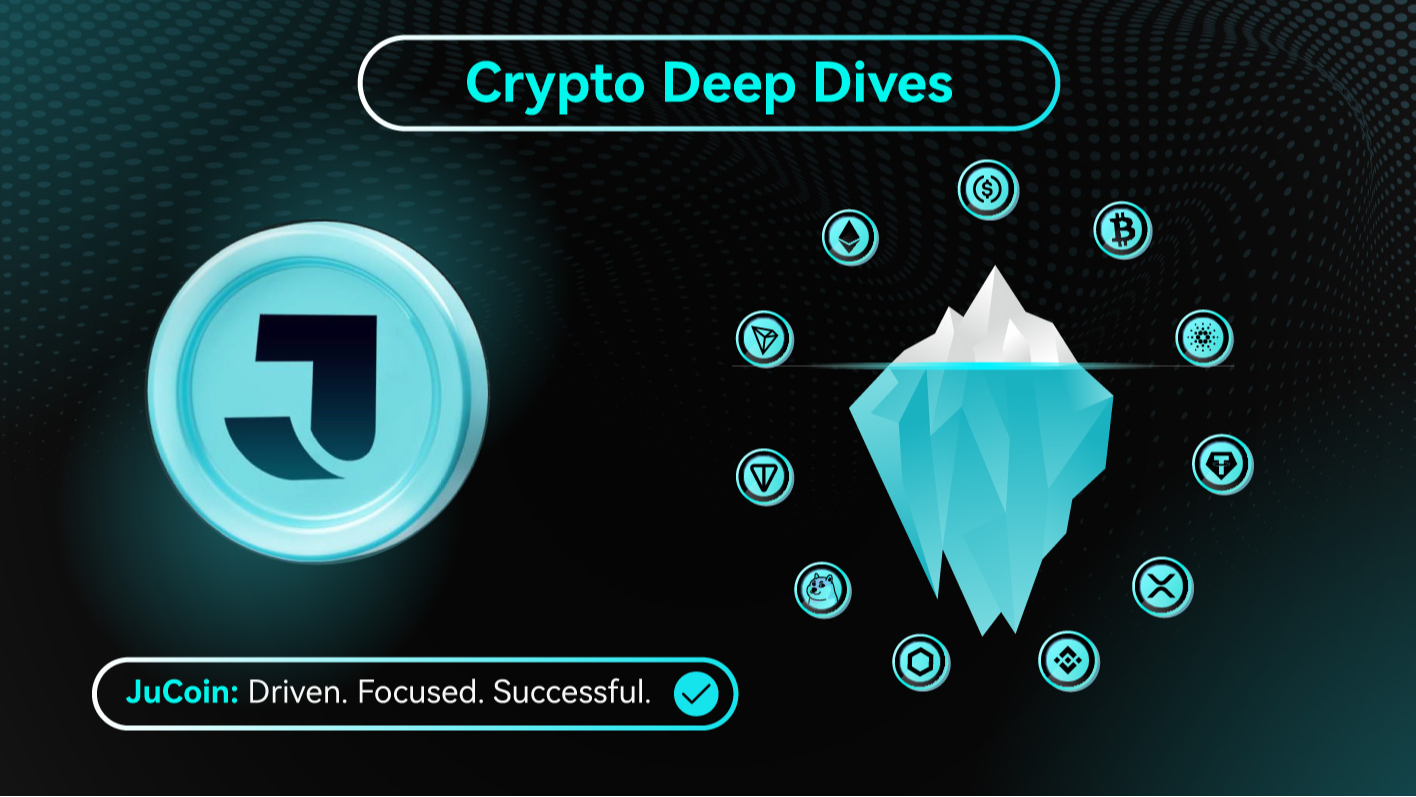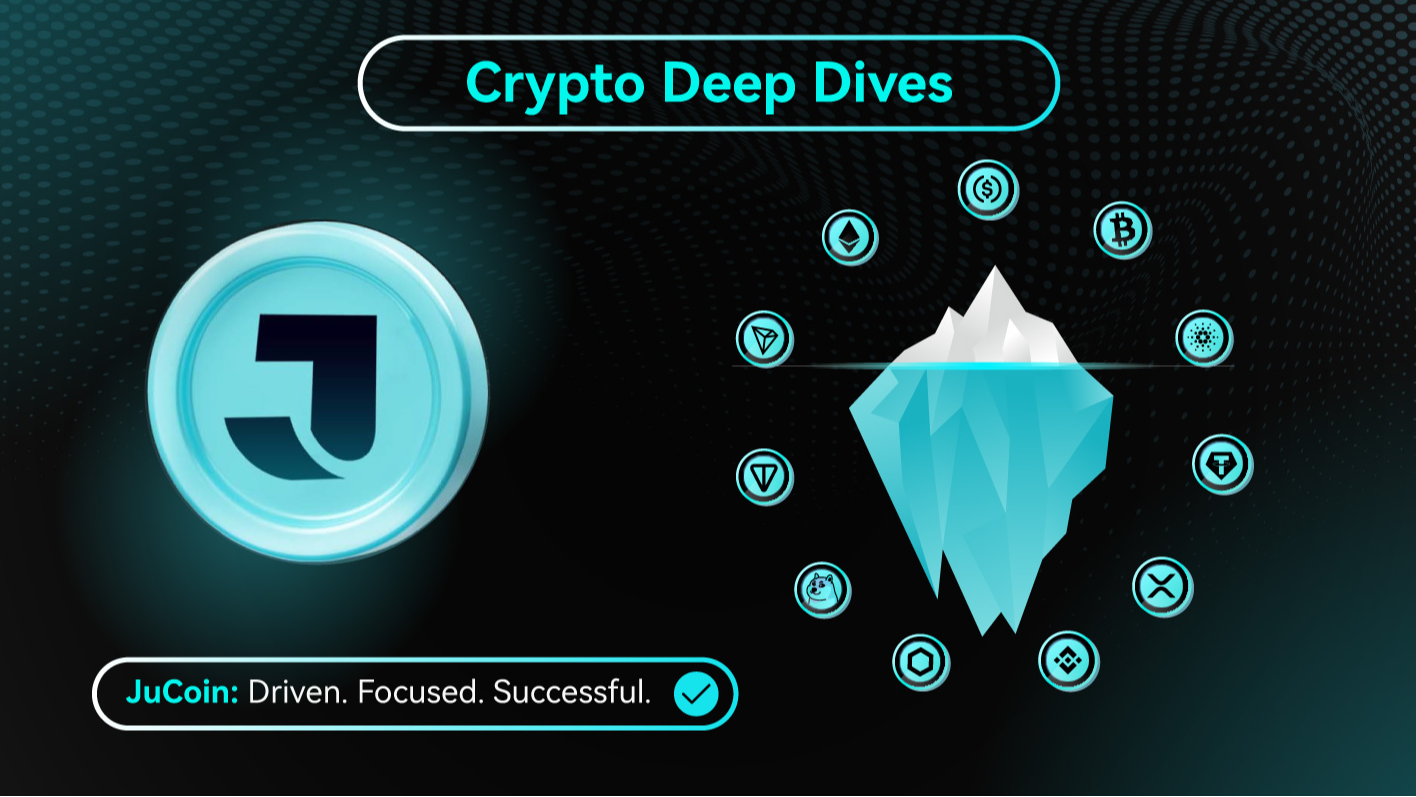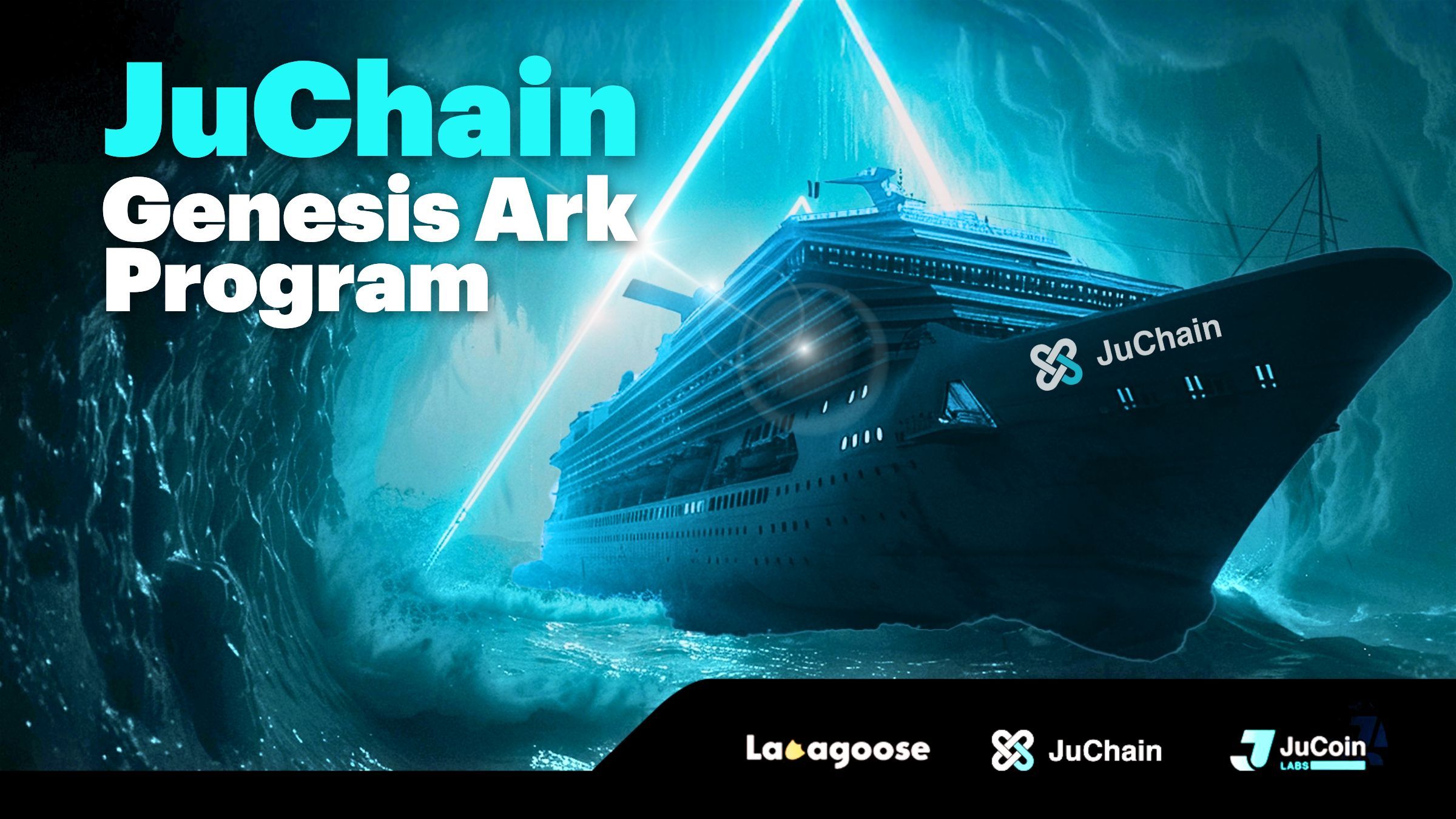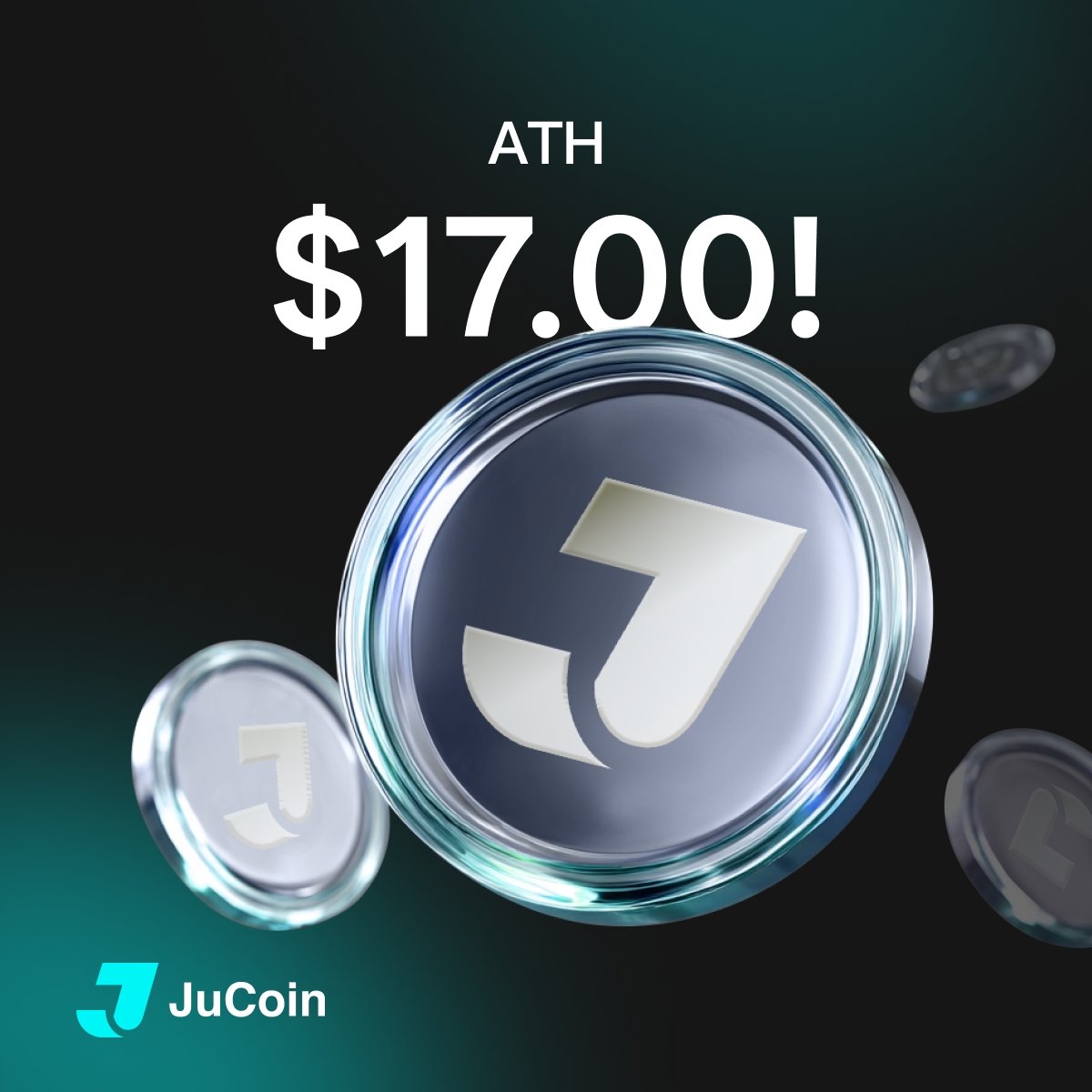What role do oracles play in linking blockchains to real-world data?
Understanding the Role of Oracles in Blockchain Technology
In the rapidly evolving world of blockchain, oracles serve as a vital link between decentralized networks and real-world data. While blockchains excel at maintaining secure, transparent ledgers, they inherently lack direct access to external information. This gap is where oracles come into play, enabling smart contracts—self-executing agreements with coded rules—to interact with data outside their native environment. Whether it's fetching current asset prices for decentralized finance (DeFi) applications or verifying real-world events for insurance claims, oracles are fundamental to expanding blockchain utility beyond digital assets.
What Are Oracles and How Do They Work?
Oracles are third-party services that provide external data to blockchain networks in a trustworthy manner. They act as bridges that transmit information from outside sources—such as APIs, IoT devices, human inputs, or databases—to smart contracts on the blockchain. For example, a weather oracle might supply rainfall data needed for crop insurance contracts; a price oracle could deliver live cryptocurrency valuations used in trading platforms.
The process typically involves an oracle querying an external source via mechanisms like API calls or webhooks. Once the data is retrieved and verified—either through multiple independent nodes in decentralized systems or trusted sources—it is then fed into the smart contract to trigger specific actions based on predefined conditions.
Why Are Oracles Essential for Blockchain Applications?
Blockchains operate within isolated environments called "trustless" systems—they do not inherently trust any external entity unless explicitly programmed to do so through mechanisms like oracles. Without them, smart contracts would be limited solely to internal logic and self-contained transactions.
This limitation restricts many practical use cases such as:
- Decentralized Finance (DeFi): Accurate asset prices are crucial for lending protocols and derivatives.
- NFT Marketplaces: Verifying ownership transfers based on real-world events.
- Insurance: Validating claims using external event data like weather patterns.
- Supply Chain Management: Tracking goods through IoT sensors providing location updates.
By integrating reliable external data sources via oracles, these applications can operate dynamically and respond accurately to real-world conditions.
Types of Oracles: Reliable vs Unreliable
Not all oracles offer equal levels of trustworthiness; understanding their types helps assess risks involved:
Reliable Oracles: These prioritize accuracy by sourcing data from reputable providers and often employ multiple nodes to cross-verify information before delivery.
Unreliable Oracles: These may rely on single sources without validation processes; thus they pose higher risks of delivering false or outdated information which can compromise contract execution.
Hybrid Oracles: Combining elements from both categories, hybrid models aim to balance reliability with flexibility by integrating multiple verification methods.
Choosing the right type depends heavily on application requirements—especially when dealing with high-stakes financial transactions where security breaches could lead to significant losses.
Mechanisms Used by Oracles
Oracular technology employs various methods for delivering accurate data:
- API Calls: Directly querying trusted APIs from service providers such as financial markets feeds.
- Webhooks: Listening for notifications from external services when new relevant events occur.
- Human Inputs: Incorporating expert judgment when automated sources are unavailable—or necessary—for validation purposes.
- Data Aggregation & Consensus Protocols: Especially in decentralized oracle networks (DONs), multiple nodes gather independent reports which are then aggregated using consensus algorithms like majority voting — reducing reliance on any single source's integrity.
These mechanisms help ensure that only validated information influences smart contract outcomes while minimizing potential attack vectors such as false reporting.
Security Challenges Facing Oracle Systems
Despite their importance,oracle systems face notable security concerns that must be addressed proactively:
Data Manipulation Attacks: Malicious actors may attempt to feed false information into an oracle system if it lacks proper safeguards.
Single Point of Failure: Centralized oracle solutions risk becoming targets because reliance on one node increases vulnerability—a problem mitigated by decentralization efforts like Chainlink’s multi-node architecture.
Denial-of-Service (DoS) Attacks: Attackers could disrupt service availability by overwhelming servers hosting critical data feeds leading to delays or failures in executing smart contracts correctly.
To mitigate these risks effectively requires implementing robust cryptographic techniques, decentralizing node infrastructure across diverse geographic locations—and continuously auditing system integrity against emerging threats.
Recent Innovations in Oracle Technology
The landscape has seen significant advancements aimed at enhancing security and interoperability:
Decentralized Oracle Networks (DONs)
Projects like Chainlink have pioneered decentralized architectures where multiple independent nodes source and verify data before feeding it into blockchains—a move toward reducing reliance on centralized points of failure while increasing trustworthiness through consensus mechanisms.
Cross-chain Compatibility
Emerging solutions focus not only on securing individual chains but also facilitating interoperability among different blockchain platforms—for example , projects developing cross-chain bridges enable seamless transfer of verified off-chain info across diverse ecosystems without compromising security standards.
Blockchain-Agnostic Solutions
Some newer oracle frameworks aim at platform neutrality—they work across various blockchains regardless of underlying architecture—thus broadening applicability especially within multi-chain environments prevalent today.
Risks Associated With Using Oracles
While offering immense benefits ,oracular solutions introduce certain vulnerabilities:
- If compromised ,a single malicious node can corrupt entire datasets leading potentially catastrophic outcomes — especially relevant during high-value DeFi operations where incorrect price feeds might cause liquidations unfairly .2 . Regulatory uncertainties around how externally sourced sensitive personal/financial info should be handled raise compliance questions .3 . Dependence upon third-party providers introduces operational dependencies that require rigorous due diligence .
Understanding these risks underscores why selecting reputable oracle providers with proven track records remains critical.
The Future Trajectory of Oracle Technology
Looking ahead,the evolution will likely focus heavily on enhancing decentralization further,making systems more resilient against attacks while improving transparency.Innovation areas include advanced cryptographic proofs such as zero knowledge proofs—which allow verification without revealing underlying sensitive info—and increased automation via AI-driven validation processes.These developments promise more secure,reliable,and scalable integrations between blockchains and real-world datasets .
As regulatory frameworks mature globally,the industry will also need standardized compliance protocols ensuring privacy standards meet legal requirements without hindering innovation—all contributing toward broader adoption across sectors ranging from finance,to supply chain management,and beyond.
By bridging the gap between digital ledgers and physical reality,data-oracle integration remains central not just for current applications but also future innovations within blockchain ecosystems.As technology advances,taking steps toward more secure,decentralized,and trustworthy solutions will be key drivers shaping this dynamic field moving forward


JCUSER-WVMdslBw
2025-05-22 09:45
What role do oracles play in linking blockchains to real-world data?
Understanding the Role of Oracles in Blockchain Technology
In the rapidly evolving world of blockchain, oracles serve as a vital link between decentralized networks and real-world data. While blockchains excel at maintaining secure, transparent ledgers, they inherently lack direct access to external information. This gap is where oracles come into play, enabling smart contracts—self-executing agreements with coded rules—to interact with data outside their native environment. Whether it's fetching current asset prices for decentralized finance (DeFi) applications or verifying real-world events for insurance claims, oracles are fundamental to expanding blockchain utility beyond digital assets.
What Are Oracles and How Do They Work?
Oracles are third-party services that provide external data to blockchain networks in a trustworthy manner. They act as bridges that transmit information from outside sources—such as APIs, IoT devices, human inputs, or databases—to smart contracts on the blockchain. For example, a weather oracle might supply rainfall data needed for crop insurance contracts; a price oracle could deliver live cryptocurrency valuations used in trading platforms.
The process typically involves an oracle querying an external source via mechanisms like API calls or webhooks. Once the data is retrieved and verified—either through multiple independent nodes in decentralized systems or trusted sources—it is then fed into the smart contract to trigger specific actions based on predefined conditions.
Why Are Oracles Essential for Blockchain Applications?
Blockchains operate within isolated environments called "trustless" systems—they do not inherently trust any external entity unless explicitly programmed to do so through mechanisms like oracles. Without them, smart contracts would be limited solely to internal logic and self-contained transactions.
This limitation restricts many practical use cases such as:
- Decentralized Finance (DeFi): Accurate asset prices are crucial for lending protocols and derivatives.
- NFT Marketplaces: Verifying ownership transfers based on real-world events.
- Insurance: Validating claims using external event data like weather patterns.
- Supply Chain Management: Tracking goods through IoT sensors providing location updates.
By integrating reliable external data sources via oracles, these applications can operate dynamically and respond accurately to real-world conditions.
Types of Oracles: Reliable vs Unreliable
Not all oracles offer equal levels of trustworthiness; understanding their types helps assess risks involved:
Reliable Oracles: These prioritize accuracy by sourcing data from reputable providers and often employ multiple nodes to cross-verify information before delivery.
Unreliable Oracles: These may rely on single sources without validation processes; thus they pose higher risks of delivering false or outdated information which can compromise contract execution.
Hybrid Oracles: Combining elements from both categories, hybrid models aim to balance reliability with flexibility by integrating multiple verification methods.
Choosing the right type depends heavily on application requirements—especially when dealing with high-stakes financial transactions where security breaches could lead to significant losses.
Mechanisms Used by Oracles
Oracular technology employs various methods for delivering accurate data:
- API Calls: Directly querying trusted APIs from service providers such as financial markets feeds.
- Webhooks: Listening for notifications from external services when new relevant events occur.
- Human Inputs: Incorporating expert judgment when automated sources are unavailable—or necessary—for validation purposes.
- Data Aggregation & Consensus Protocols: Especially in decentralized oracle networks (DONs), multiple nodes gather independent reports which are then aggregated using consensus algorithms like majority voting — reducing reliance on any single source's integrity.
These mechanisms help ensure that only validated information influences smart contract outcomes while minimizing potential attack vectors such as false reporting.
Security Challenges Facing Oracle Systems
Despite their importance,oracle systems face notable security concerns that must be addressed proactively:
Data Manipulation Attacks: Malicious actors may attempt to feed false information into an oracle system if it lacks proper safeguards.
Single Point of Failure: Centralized oracle solutions risk becoming targets because reliance on one node increases vulnerability—a problem mitigated by decentralization efforts like Chainlink’s multi-node architecture.
Denial-of-Service (DoS) Attacks: Attackers could disrupt service availability by overwhelming servers hosting critical data feeds leading to delays or failures in executing smart contracts correctly.
To mitigate these risks effectively requires implementing robust cryptographic techniques, decentralizing node infrastructure across diverse geographic locations—and continuously auditing system integrity against emerging threats.
Recent Innovations in Oracle Technology
The landscape has seen significant advancements aimed at enhancing security and interoperability:
Decentralized Oracle Networks (DONs)
Projects like Chainlink have pioneered decentralized architectures where multiple independent nodes source and verify data before feeding it into blockchains—a move toward reducing reliance on centralized points of failure while increasing trustworthiness through consensus mechanisms.
Cross-chain Compatibility
Emerging solutions focus not only on securing individual chains but also facilitating interoperability among different blockchain platforms—for example , projects developing cross-chain bridges enable seamless transfer of verified off-chain info across diverse ecosystems without compromising security standards.
Blockchain-Agnostic Solutions
Some newer oracle frameworks aim at platform neutrality—they work across various blockchains regardless of underlying architecture—thus broadening applicability especially within multi-chain environments prevalent today.
Risks Associated With Using Oracles
While offering immense benefits ,oracular solutions introduce certain vulnerabilities:
- If compromised ,a single malicious node can corrupt entire datasets leading potentially catastrophic outcomes — especially relevant during high-value DeFi operations where incorrect price feeds might cause liquidations unfairly .2 . Regulatory uncertainties around how externally sourced sensitive personal/financial info should be handled raise compliance questions .3 . Dependence upon third-party providers introduces operational dependencies that require rigorous due diligence .
Understanding these risks underscores why selecting reputable oracle providers with proven track records remains critical.
The Future Trajectory of Oracle Technology
Looking ahead,the evolution will likely focus heavily on enhancing decentralization further,making systems more resilient against attacks while improving transparency.Innovation areas include advanced cryptographic proofs such as zero knowledge proofs—which allow verification without revealing underlying sensitive info—and increased automation via AI-driven validation processes.These developments promise more secure,reliable,and scalable integrations between blockchains and real-world datasets .
As regulatory frameworks mature globally,the industry will also need standardized compliance protocols ensuring privacy standards meet legal requirements without hindering innovation—all contributing toward broader adoption across sectors ranging from finance,to supply chain management,and beyond.
By bridging the gap between digital ledgers and physical reality,data-oracle integration remains central not just for current applications but also future innovations within blockchain ecosystems.As technology advances,taking steps toward more secure,decentralized,and trustworthy solutions will be key drivers shaping this dynamic field moving forward
Disclaimer:Contains third-party content. Not financial advice.
See Terms and Conditions.




